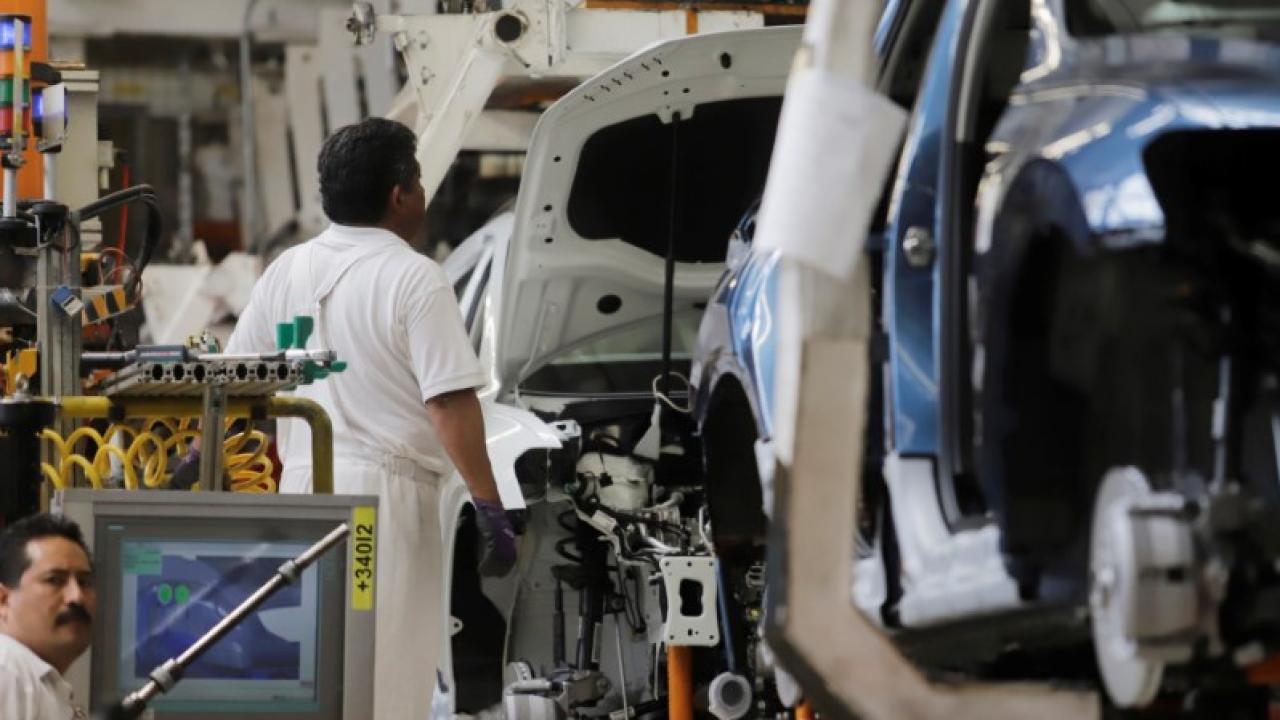
The value of Mexican exports of these products to the northern neighbor amounted to US$28,373 million in the first four months of the year, an annual increase of 9.4%, according to data from the Department of Commerce.
Exports of auto parts from Mexico to the United States broke a record in the first four months of 2024, totaling US$28,373 million, according to data from the Department of Commerce.
While imports of these products to the US market from around the world grew at an interannual rate of 8.5%, to US$66,266 million in the same period, those from Mexico increased 9.4%.
With this, the Mexican participation in all US imports of auto parts went from 42.5% from January to April 2023 to 42.8% in the same period of 2024, also a historical maximum.
According to the United States International Trade Commission (USITC), the tariff-free treatment granted to originating vehicles and parts has helped integrate North American production, and the agreements' rules of origin have encouraged increased investments in the North American automotive production.
As a result, the industry reports that total automotive trade (imports plus exports of vehicles and parts) is the largest component of total North American trade, representing about 22% of total trade under the Mexico-United States-Canada Agreement. (T-MEC).
A decade ago, from January to April 2014, Mexican exports of automotive parts were US$15,777 million, which then implied a market share of 34.1% in total US imports of these products.
Mexico has a high level of competitiveness in the production of automotive parts, with Mexican companies such as Katcon, Metalsa, Vitro, Rassini, Sisamex, KUO and Nemak, increasingly internationalized.
At the same time, among the foreign auto parts companies operating in Mexico are Bosch, Continental, Denso, ZF Friedrichshafen, Autoliv, Magna International and Valeo.
These companies produce a wide variety of automotive parts, from brake systems, transmissions, steering systems and bodies, to propulsion systems, air conditioning systems, driver assistance technologies, seat belts and air bags.
The most significant current technological change in the automotive industry is towards electric vehicles and hybrids. This change entails significant changes in the quantity and value of the different parts of a finished vehicle, which has implications for the USMCA rules of origin.
The USITC reports that electric vehicles have thousands of fewer parts, on average, than their internal combustion engine equivalents. In addition, electric vehicles have different basic parts: they have an advanced battery, but they lack a motor and a multi-speed transmission.
The advanced battery also typically represents a larger portion of the total cost of the final vehicle than the internal combustion engine, so the source of the battery is disproportionately more important to basic parts calculations for both electric and hybrid vehicles. .
Industry representatives see the shift toward electric vehicles as a long-term trend that will likely continue to impact the automotive industry.
Passenger vehicle and light truck supply chains in North American countries vary among manufacturers, even among vehicle models within the same manufacturer. Some vehicle models are assembled in the United States, Mexico or Canada; others are imported from Europe or Asia.
Finally, manufacturers vary in where the parts come from. The USITC indicates that foreign-owned companies that build passenger vehicles and light trucks in countries in the USMCA region are more likely to import their engines, transmissions and other basic parts from their home countries in Europe or Asia.









